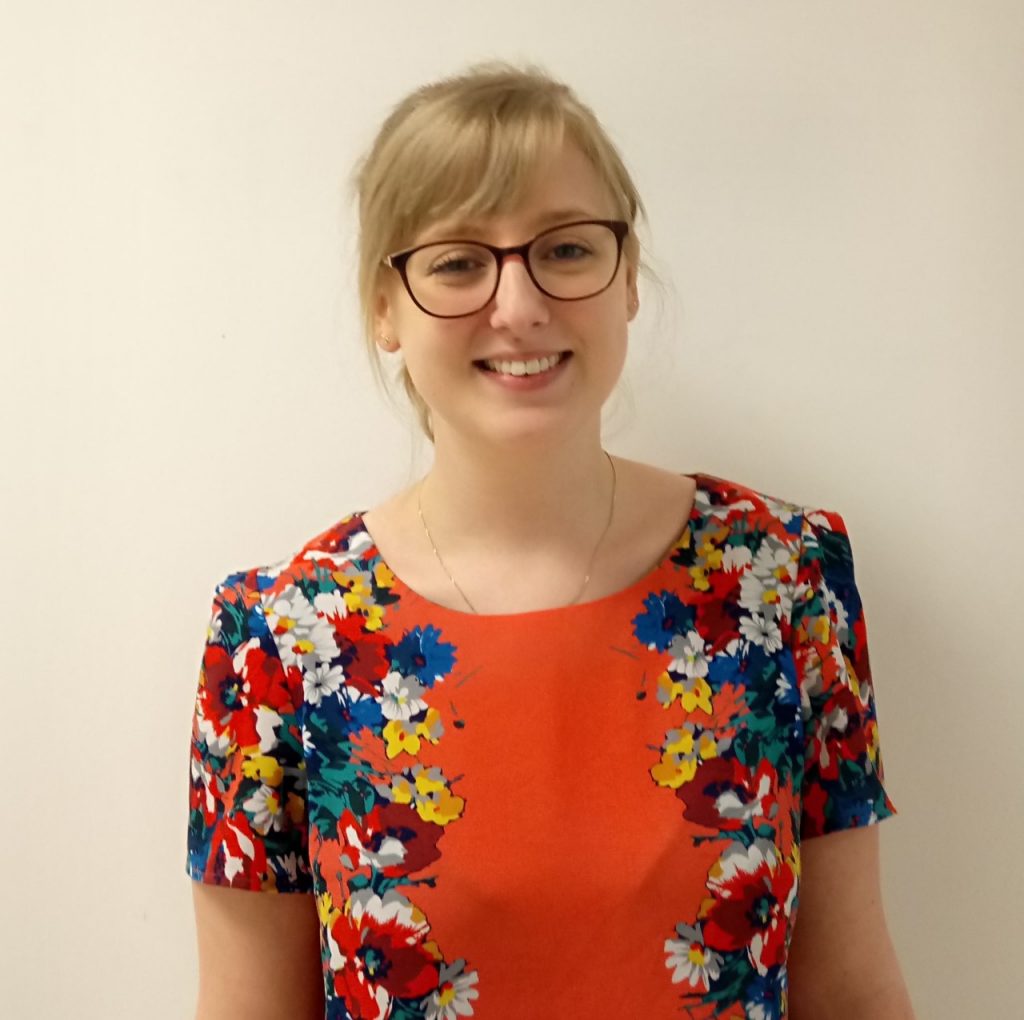Following the submission of my PhD thesis in December 2019, I completed a three month post-submission scholarship scheme within Newcastle City Council’s Public Health Team. At the beginning of my placement, I completed inductions with each member of the team. This enabled me to gain a clearer idea and understanding of what exactly is involved with working in this field, and who was responsible for each public health area.
My main interest revolved around school food provision to children in Newcastle upon Tyne. This was related to one of the key outputs from my PhD research, which was the identification of a need for a communication platform for stakeholders who are involved in school food provision to children. The formation of such a group would allow protected time for members to discuss issues of importance to them with regards to school food, provide an opportunity for questions to be asked and answered, ideas such as a ‘no dessert day’ to be critically evaluated and decisions on future policy or action to be jointly taken where appropriate.

The key objective of my placement therefore was to develop such a group. This required me to write a paper for the Public Health Senior Management Team, seeking approval for the establishment of a Task and Finish ‘Food in Schools’ working group. I then presented this paper to the team for discussion. The proposals in the paper were agreed and I was then able to contact potential members of the group. These included individuals from Newcastle City Council’s Public Health team, the Communications team, Newcastle City Catering, school head teachers, school business managers and the Oral Health Promotion Lead in Newcastle. I also emailed two Newcastle City Council Councillors who I believed would be interested in participating in this group. Following the email, I attended a face-to-face meeting with the Councillors to explain in greater detail what this group aimed to achieve. In order to gain wider perspectives and include the ‘voice’ of children and young people, I also met with a council representative who regularly meets with the Youth Parliament in Newcastle, to assess if there would be scope to involve them as well.
This Task and Finish ‘Food in Schools’ working group was successfully formed. Ahead of the first meeting I produced an Agenda and a draft Terms of Reference and distributed these amongst the group. I chaired the first meeting, during which I co-ordinated a number of presentations from different members, including myself, to give an overview and context of why it was important that such a group should exist. The primary aim of this group is to take a strategic approach to improving the school meal offerings in Newcastle upon Tyne, through the joint planning and creation of an action plan and monitoring framework. This group is now set up and will continue to meet monthly even though I have completed my placement. The Chair of these meetings going forward with be the Cabinet member for Neighbourhoods and Public Health.
Other meetings I was involved in as part of my placement include those with the Food Newcastle partnership; the Wider Determinants team; the Diet and Ill Health Group; the Weight Off Your Mind group; the Black, Asian, Minority Ethnic (BAME) steering group; the Children, Young People and Obesity group; the Change4Life East End and West End groups; the North East Obesity Forum; the Healthy Schools Forum; and a meeting with the Economic Development team looking at the cost-benefit analysis of school meals. I also attended the City Futures Directorate Away Day at the Discovery Museum and the North East Public Health conference in Sunderland’s Stadium of Light.
This post-submission scholarship scheme provided me with invaluable experience of what it is like to work on the front line in public health. There are many areas where Newcastle University and the Public Health team within the City Council could work productively together, and I have made some valuable connections with whom I would like to collaborate further with in the future.
I am very grateful to have had the opportunity to undertake this placement which was so relevant to my studies and highlighted the importance of ongoing work with regards to improving school food for children in Newcastle.

Written by Grace Gardner, former PhD Student in the Population Health Sciences Institute, Newcastle University.





 Eftychia Kotro
Eftychia Kotro
 Nadege Sandrine Uwamohoro
Nadege Sandrine Uwamohoro